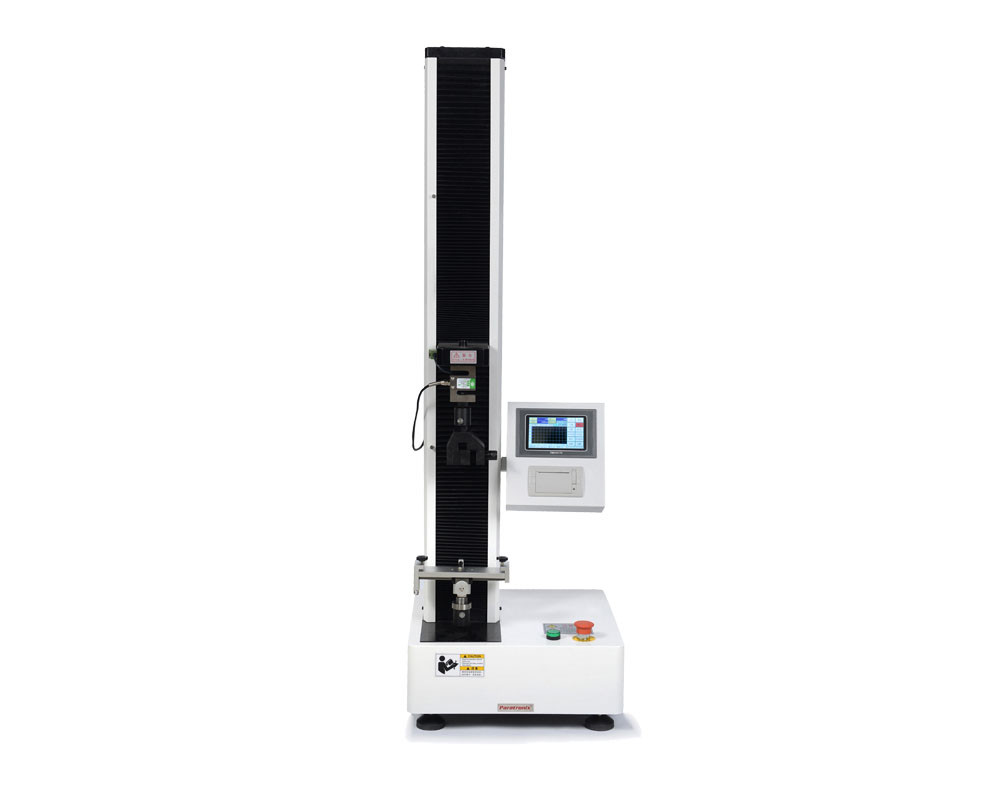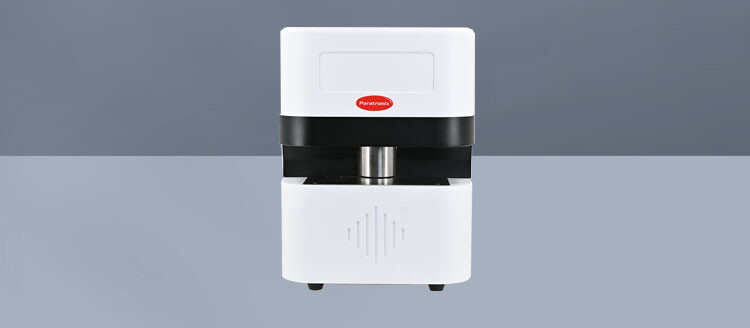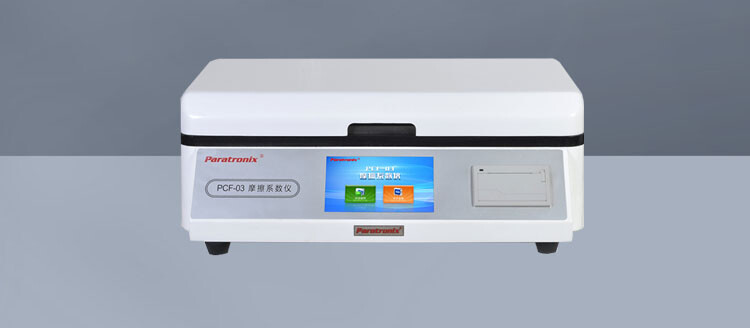Recent Posts
 Aluminum plastic composite cover opening force testing plan2025-10-28
Aluminum plastic composite cover opening force testing plan2025-10-28 What are the raw materials for lithium batteries?2025-10-27
What are the raw materials for lithium batteries?2025-10-27 Determination method for peel strength of ointment (plaster)2025-10-20
Determination method for peel strength of ointment (plaster)2025-10-20 Introduction to the testing method for heat sealing strength of food packaging bags2025-10-15
Introduction to the testing method for heat sealing strength of food packaging bags2025-10-15 Friction coefficient test of plastic composite film for biscuit packaging PCF-032025-10-11
Friction coefficient test of plastic composite film for biscuit packaging PCF-032025-10-11
Introduction
ASTM D3330 is a widely recognized standard developed by ASTM International to evaluate the peel adhesion properties
of pressure-sensitive tapes. This test method measures the force required to remove a tape from a substrate at a specific
angle and speed, providing critical data for quality control and material selection in industries like packaging,
automotive, and electronics.
Testing instruments:ETT-A Multipurpose Tester

Scope and Application
ASTM D3330 covers multiple test variations (Methods A-F) to assess peel adhesion under different conditions:
Method A: 180° peel from stainless steel.
Method B: 90° peel from stainless steel.
Methods C-F: Specialized tests for low-adhesion tapes or specific substrates.
These methods help manufacturers ensure tape performance in real-world applications, such as bonding strength,
durability, and resistance to environmental factors.
Test Procedure
Sample Preparation: A tape strip is applied to a clean stainless steel panel (or other specified substrate) using a
controlled roller.
Dwell Time: The tape adheres for a set period (e.g., 1 minute or 24 hours) before testing.
Peel Testing: The tape is peeled at a constant speed (e.g., 12 in/min) and angle (90° or 180°), while a force gauge records
the required peel force.
Key Parameters
Peel Angle: Affects stress distribution; 180° is common for general adhesion.
Peel Rate: Influences measured adhesion values.
Substrate Surface: Stainless steel is standard, but other materials may be tested.
Significance of Results
Peel adhesion data helps:
Compare tape performance across brands or batches.
Ensure compliance with industry requirements.
Predict tape behavior in applications like labeling or mounting.
Conclusion
ASTM D3330 provides a reliable, standardized approach to evaluating pressure-sensitive tape adhesion. By following
this method, manufacturers and end-users can make informed decisions about tape suitability, ensuring consistent
quality and performance.
Leave A Reply
Search by Keywords



